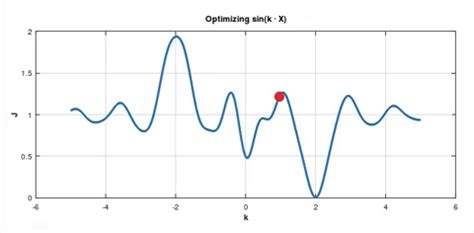memorization and creative primitives
Memorization is fundamental to creativity.
Modern Western education firmly espouses the idea that understanding a concept is superior to memorizing a concept. Deep understanding through critical thinking outweighs rote memorization. Born and raised in Western thought, I used to hold firm to this idea.
I recall my time living in India back in 2012. I was shocked by the college education system there, much of which involved rote memorization of concepts. Even in a philosophy class, the professor recommended that students memorize answers to philosophical questions. The expectation and marker for success in the course were memorization and regurgitation of information about the differences between ancient schools of philosophical thought. The final exam involved questions—such as what is the difference between school of thought A and school of thought B, explain in thorough detail—whose long-form answers were to be memorized and performatively written on the day of judgment.
I was repulsed.
What good does it do to simply memorize a set of answers, especially when it comes to long-form comparison and evaluation of concepts? Should we not come up with our own opinions on the matter? Should we not source ideas ourselves and put them forth into the fire of discussion, to be tested and forged into more sophisticated thought?
My views on it have evolved. I actually see tremendous value in rote memorization in service to deep understanding and its sister, creativity.
Music involves countless hours in a practice room, often in cycles of repetition of basic primitives—scales, chords, a few bars of a composition. It is the short feedback loop of taking small chunks of information and refining them until they are polished. We memorize scales and chords. We memorize what note value represents what pitch and duration. Indeed there is no time for cognitive processing at performance—the scales need to be in the fingers, the note values understood without latency. Memorization dissolves the delta between external information and ourselves.
I read an article by Ashwin Matthews yesterday, and it reaffirmed the importance of memorization to me personally. I have recently had a calling to remember every piece of information I deem important. A persistent frustration around learning and forgetting facts—simple pieces of information like what creatine or BCAAs are good for—inspired me to say "no more!" and systematically collect information into a learning pipeline. My tool of choice is Anki, where I store information in flashcard and cloze formats.
The process of memorizing information at first felt cumbersome. I often questioned whether it was worth it to pedantically train myself to understand the definitions—whether what OEM stands for, the 3 clusters of personality disorders, the formula for calculating the magnitude of a vector, or a working definition of gradient descent. Most of these facts and information are not used in day-to-day life. And yet I find that the memorization training is expanding the capabilities of my mind much like regular exercise has expanded the capabilities of my physical body.
The memorization creates opportunities for creativity in unexpected contexts. When I was out to lunch with a very talented composer friend in Los Angeles, we discussed our creative aspirations. He shared his desire to expand outside the classical world into popular fields—he had achieved great depth in one field and was craving to explore breadth to ultimately find depth and opportunity elsewhere. An image immediately and spontaneously came to mind—a 3D visualization of stochastic gradient descent. I shared the idea that he was in a local minimum—he had reached depth in one field and was stuck in a trough. The idea of stochastic gradient descent is to find the global minimum, the smallest difference between the desired result and the actual result. I suggested that he now had an opportunity to try different fields and seek his global minimum in a field outside of classical music.

I relished the idea of taking an algorithm and applying it to a framework for thinking about life. This creativity, this cross-pollination of concepts, would not have been possible without the repeated memorization and study of the meaning of each word and a chosen working definition of stochastic gradient descent.
Memorization metabolizes information into primitives that become part of our mind. We can use these primitives as building blocks and connective tissue for larger concepts on the fly.
Memorization is the path to the assimilation of knowledge and the enabler of creativity.